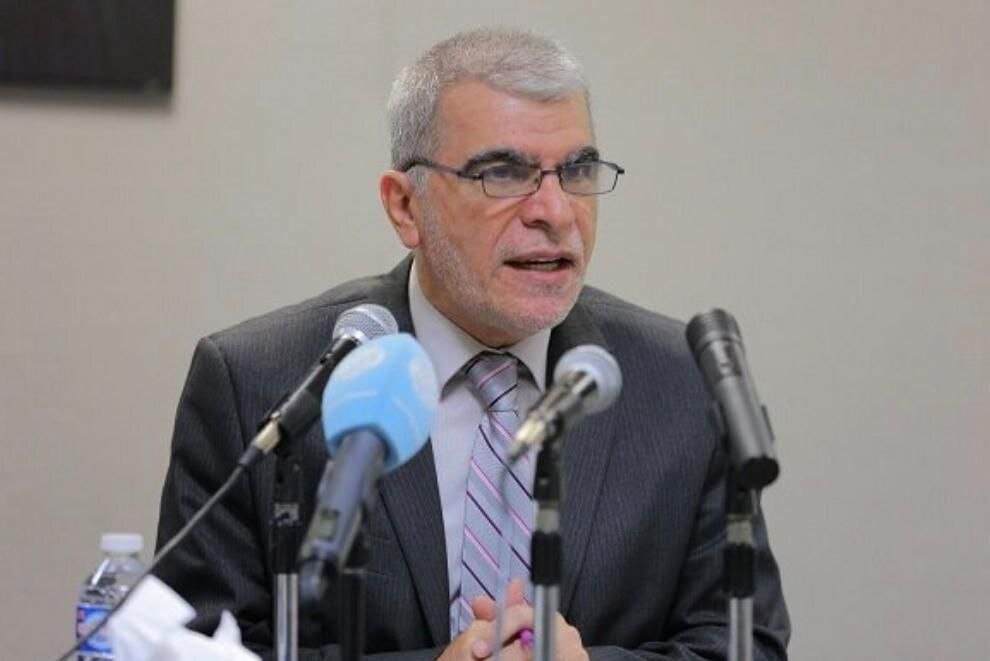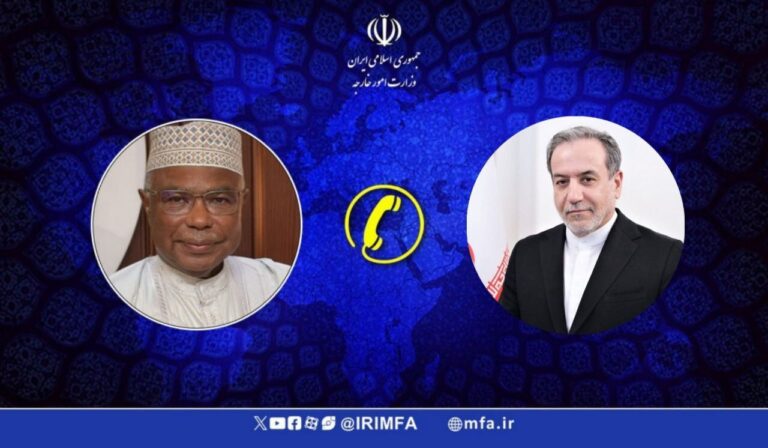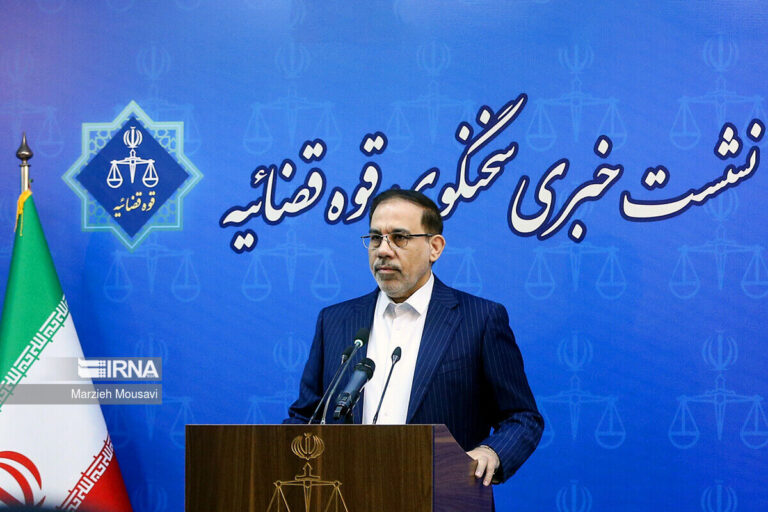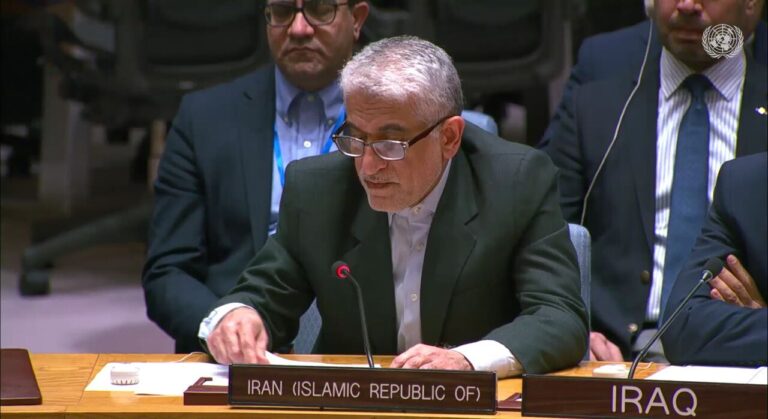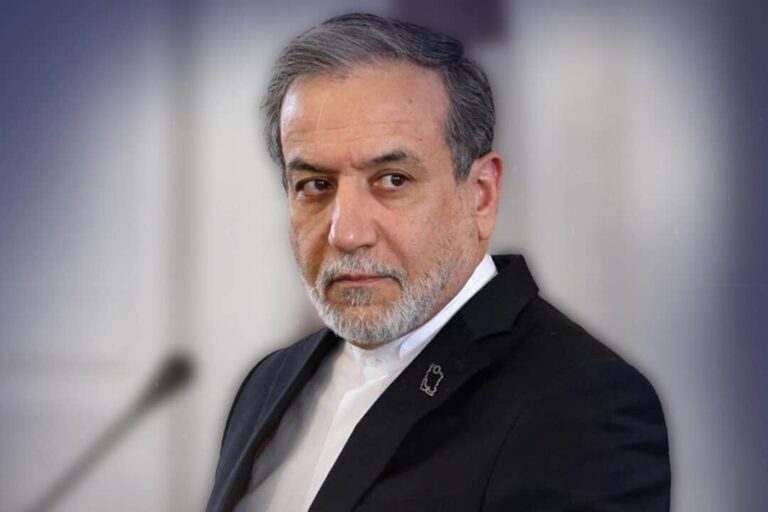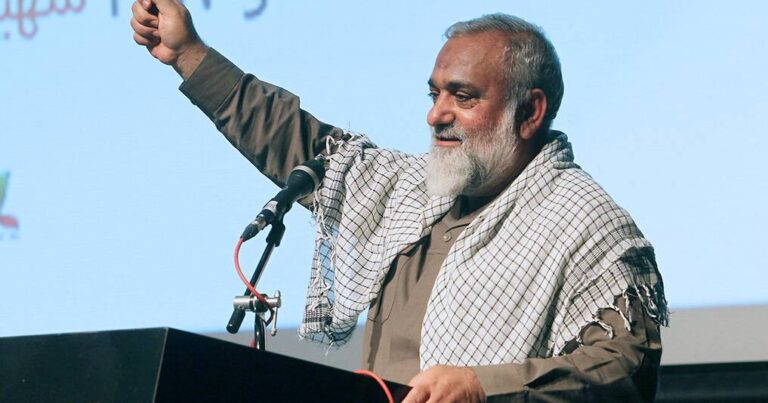Uncertainty Looms: Will the US Uphold Its Bilateral Agreements?
In recent years, many nations have begun to question the credibility of the United States in international negotiations. This skepticism is largely a result of the US’s repeated withdrawals from significant agreements, such as the Paris Agreement and the Joint Comprehensive Plan of Action (JCPOA). In an exclusive interview, international affairs expert Yahya Harb delves into the factors contributing to this growing doubt.
Harb describes Donald Trump’s presidency (2016-2020) as a pivotal period, coining him “The Enemy of Treaties.” Trump initiated a series of withdrawals from both international and bilateral agreements, starting with the US exit from the Paris Climate Agreement in June 2017. Other notable withdrawals during his presidency included:
- October 2017: Withdrawal from UNESCO, the UN’s cultural organization.
- May 2018: Unilateral exit from the Iran nuclear deal (JCPOA), despite compliance confirmations from the International Atomic Energy Agency (IAEA).
- June 2018: Withdrawal from the United Nations Human Rights Council.
- October 2018: Exit from the Optional Protocol to the Vienna Convention on the Settlement of Disputes.
- February 2019: Withdrawal from the Intermediate-Range Nuclear Forces (INF) Treaty.
- April 2019: Exit from the United Nations Arms Trade Treaty.
- July 2020: Withdrawal from the World Health Organization (WHO).
Since Trump’s return to the White House on January 20, 2025, the trend of US withdrawals has continued. His administration has reinstated the US’s withdrawal from organizations such as the WHO, the Human Rights Council, UNRWA (United Nations Relief and Works Agency), and the International Development Agency. These actions have not only disrupted the global order but have also undermined the credibility of international institutions.
One of the critical reasons for the frustration among US allies is Trump’s decision-making approach, which often lacks consultation with these allies. This has led many to view American policies as chaotic and racially charged, resulting in shock and concern across the globe.
So, how can the US justify its withdrawal from international organizations and agreements? Harb points to several key motivations:
- Economic Concerns: The US argues that it disproportionately funds these institutions while other nations benefit without contributing adequately.
- Political Allegations: Accusations of antisemitism or anti-Israel sentiments have influenced decisions regarding organizations like UNESCO and UNRWA.
- Claims of Corruption: The US has labeled organizations such as the World Trade Organization (WTO) as ineffective, threatening withdrawal without following through.
Another significant factor in US foreign policy is its unwavering support for Israel. This stance has provoked public outcry both domestically and internationally. The US alleges bias in UN-affiliated organizations while backing Israel, a state heavily influenced by American and Western interests.
The US has historically prioritized its interests over global welfare, often disregarding the protocols of international institutions, even at the expense of its closest allies. This raises questions about whether the US’s repeated withdrawals are a sign of a shift towards isolationism or merely a strategic negotiating tactic.
Harb argues that the defining characteristic of US foreign policy is its pursuit of unilateral dominance. This approach often exploits international law to further its interests and engage in conflicts with global competitors. The narrative of American isolationism and extreme nationalism often serves as a domestic slogan to galvanize public support, obscuring the reality that the US is deeply intertwined in global affairs through its powerful corporations.
Despite the US’s apparent drift towards isolation, complete separation from the global stage is unfeasible. Economic ties and corporate interests bind the US to other nations, making total isolation a pathway to economic collapse.
Many analysts believe that the world would benefit from reduced American intervention in global matters. The US’s policies, driven by its imperialist agenda, have been linked to a significant portion of global conflicts and crises. Trump’s actions, often viewed as reckless, are rationalized from his perspective, but they have serious implications for international relations.
To counterbalance Trump’s policies, Harb suggests that other global powers must assertively resist and challenge the US’s approach. Silence or compliance may only serve to reinforce the US’s sense of superiority.
In light of the US’s history of withdrawing from international treaties, what assurances exist that it will honor future agreements, especially concerning critical issues like nuclear disarmament or climate change? Harb expresses skepticism, noting that the lack of commitment is not merely a reflection of Trump’s administration but is indicative of a broader trend within US foreign policy.
For instance, despite President Joe Biden’s promises to restore the US’s position in the Iran nuclear deal, he has failed to deliver, undermining his credibility as a negotiator. Over the past two years, Biden’s actions have sometimes been more detrimental to international relations than Trump’s.
The reality is that the US often operates as a rogue state, leveraging its financial power to act without accountability. Recently, Ayatollah Ali Khamenei emphasized that negotiating with the US is unwise and unlikely to resolve Iran’s issues. This sentiment is gaining traction not only in Iran but also among various governments in Europe and the Arab world, as many have recognized that the US has deviated from its commitments, particularly regarding the Palestinian issue, aligning instead with Israeli interests.
As the world grapples with the implications of US foreign policy, it remains to be seen how other nations will respond to this evolving dynamic and what the future holds for international agreements and relations.
